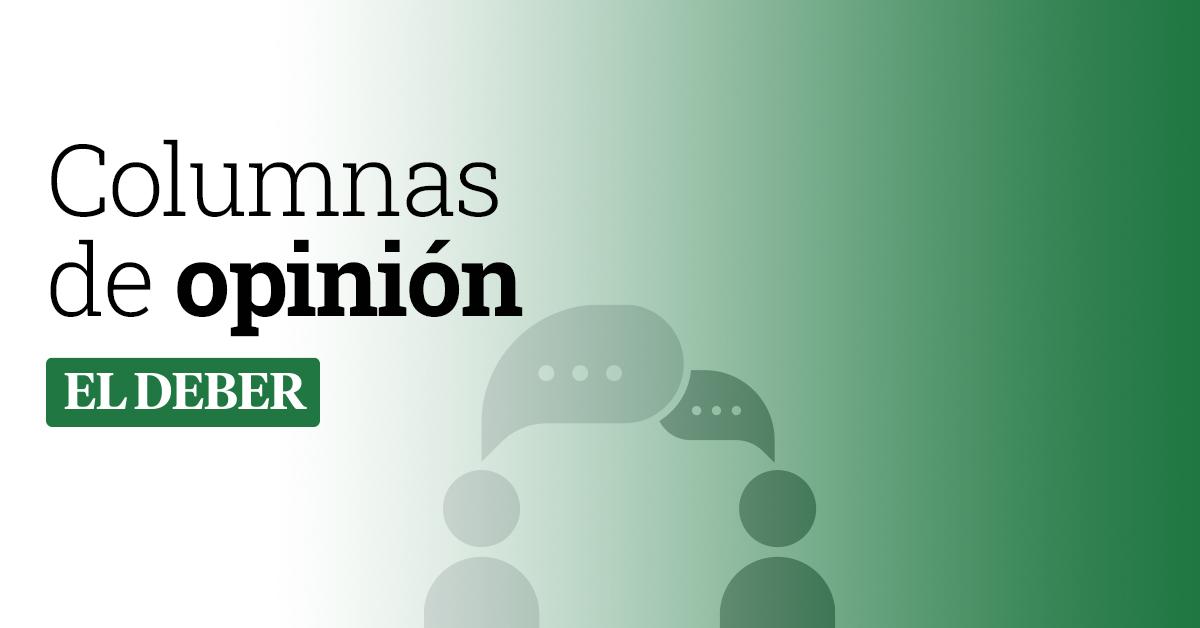María Laura Flores / Chief of Communication of Cainco
Artificial intelligence (AI) has ceased to be a technological curiosity to become a constant presence that, without us noticing it, molds our decisions, habits and routines. Today it is difficult to find an area that has not been touched by its influence: medicine, education, work, politics, even the most daily interactions with our devices. According to the World Economic Forum, in 2024 more than 50% of companies in developed countries already use AI to optimize their processes. This advance, although fascinating, invites us to stop and think: Where is this transformation taking us? And how do we want to live with her?
One of the most notorious changes occurs in the world of work. IA offers the promise to free people from repetitive tasks, opening space for more creative and strategic jobs. However, it also implies a transition that is not always simple. According to McKinsey Global Institute, only in the US and Europe could disappear up to 20 million jobs by 2030. Are we prepared to accompany that change without leaving anyone behind? Can we reimagine work with a more human and equitable approach?
On a personal level, AI raises new questions about our privacy. Many companies collect large volumes of data to feed their algorithms: information about our tastes, emotions, habits and decisions. It is estimated that 80% of companies in Latin America and Europe use this data to create or adjust their products and services. What do we really know about the use of this information? Are we aware of how much we share?
In the field of health, the benefits have been evident. Today, one in four medical consultations in countries such as the US or United Kingdom is already assisted by artificial intelligence.
More precise diagnoses, personalized treatments and advanced analysis show us a hopeful future. But also the need to reflect arises: how do we guarantee that these systems act without biases and inaccuracies?
The same happens in education. Technologies based on AI have the potential to customize learning and make it more accessible. However, its impact depends largely on technological infrastructure. In regions with lower connectivity, as UNESCO points out, there is a risk that this digital revolution accentuates existing gaps. The question is how we can make these tools promote inclusion and not exclusion.
Today, algorithms can write texts, edit videos or compose music. And although these tools can enhance creativity, they also face a substantive question: what happens when the line is blurred between what is created by a human mind and what is generated by a machine? Authenticity, emotion and critical gaze are still irreplaceable qualities. Technology can accompany us, but the meaning of what we have must continue to be born from the human.
Artificial intelligence is not good or bad by itself: everything depends on the purpose with which it is used and the framework that regulates it. Clear standards, global collaboration and, above all, an informed citizenship are required. The European Commission has taken important steps in this direction with its development regulatory framework, but the dialogue must be broad and continuous.
In times where algorithms seem to have all the answers, our greatest strength will continue to be the ability to ask us deep questions, to connect with others from empathy, to create with intention and decide with responsibility. The future is not written by the machines, but by the collective decisions that we make as a society.


















